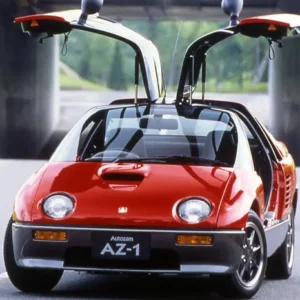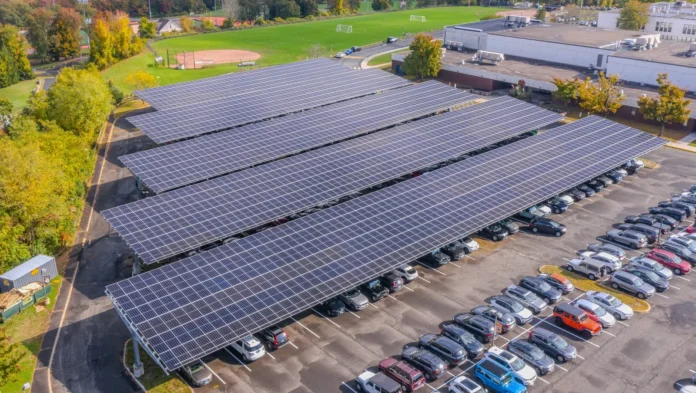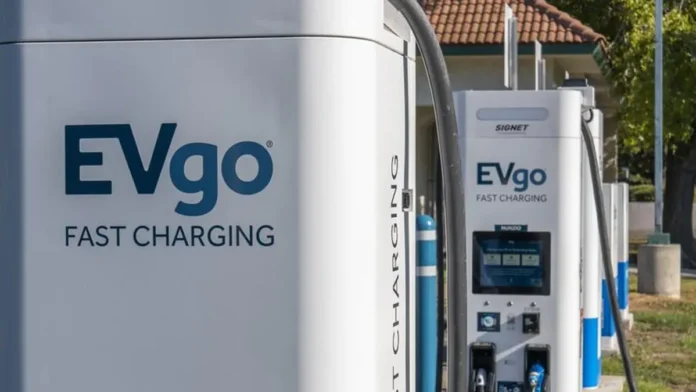Hyundai’s Bold Move in Production
In a significant shift, Hyundai Motor has decided to halt production of the luxury Genesis Electrified GV70 in the U.S. This decision comes as the company aims to focus on more popular models, particularly the best-selling Tucson SUV. With this change, Hyundai is strategically navigating challenges in the electric vehicle (EV) market, including impending policy changes, higher tariffs, and expiring tax credits for EVs.

Sales Struggles Prompt a Change
The Genesis GV70 EV was a milestone for Hyundai, marking the first U.S.-made electric vehicle. However, sales figures paint a different picture; in the first seven months, only 1,367 units were built, a drop of 18% year-over-year. As sales plummeted to just 15 units last month, Hyundai is now prioritizing inventory sales over producing new models. This retrenchment highlights the need for the company to reconsider its production strategy.
Looking Toward the Future
With the federal tax credit for EVs nearing expiration, Hyundai’s future plans involve a pivot towards higher-profit vehicles, including their highly popular nine-seat Tucson and Santa Fe hybrids. Reports suggest that the automaker might reallocate production of the Genesis GV70 to a new facility in Georgia or even to South Korea for export. As competition intensifies and consumer preferences shift, Hyundai remains committed to adapting its offerings, potentially phasing out less popular EVs in favor of suvs.




